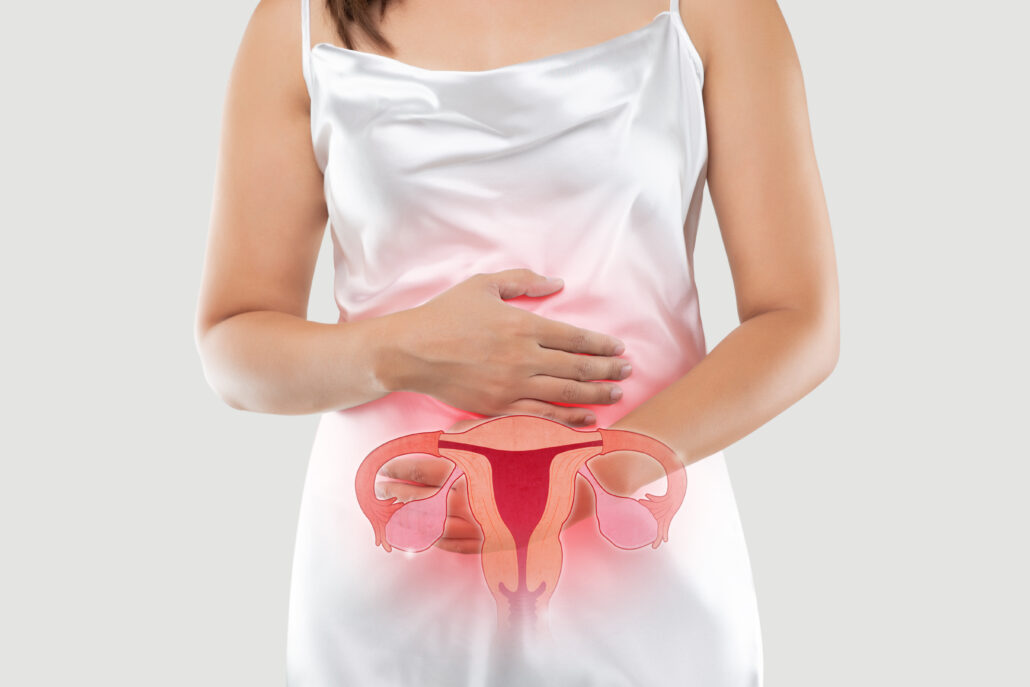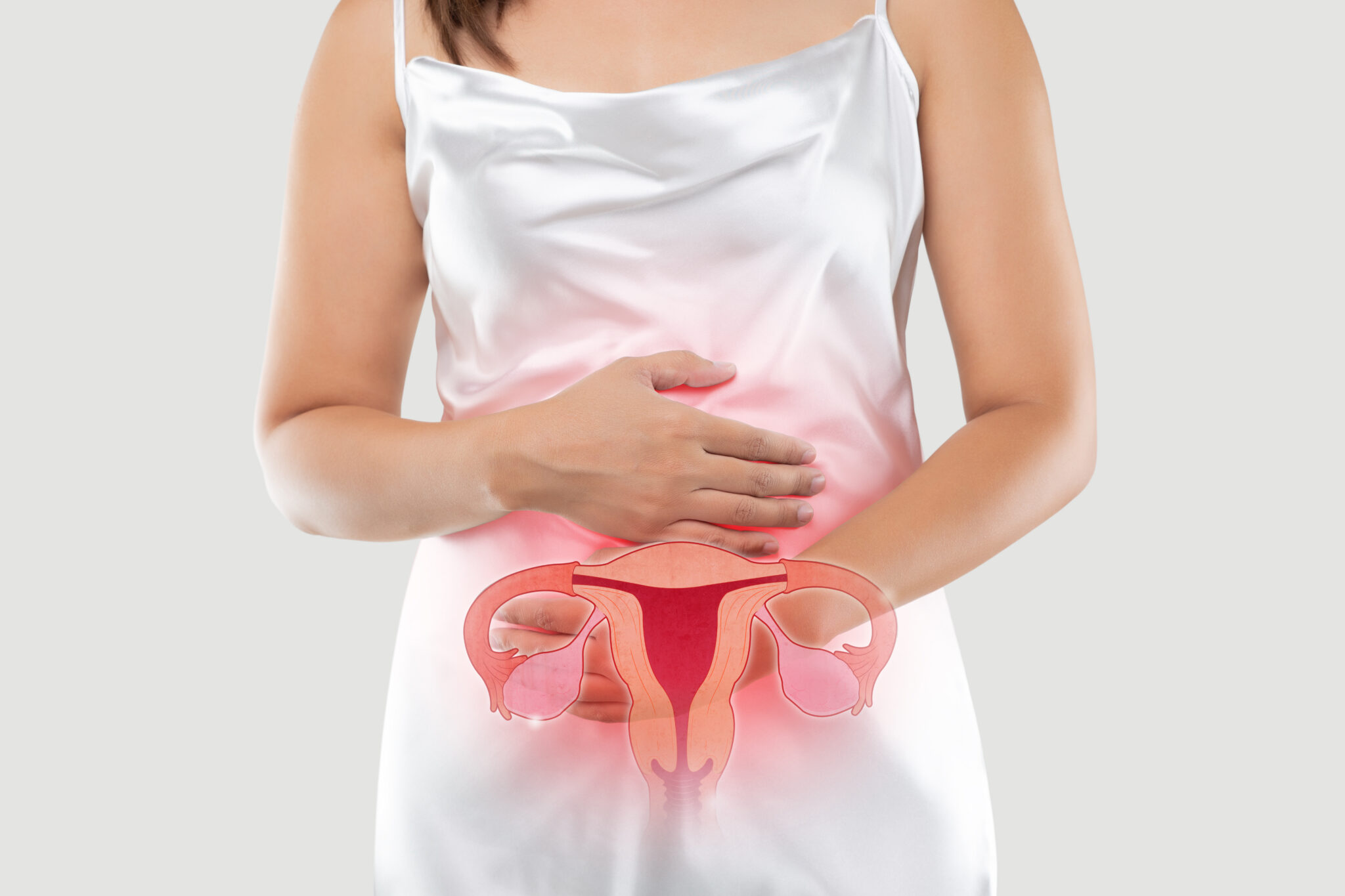Endometriosis Research Study
Researchers at Oregon Health & Science University are studying how a medication affects bone mineral density in women with endometriosis.

Fast Facts

Females Ages 18-50

Moderate to Severe Pain due to Endometriosis

Compensation Provided

Conducted in Portland, OR
Study Background
Oregon Health & Science University is evaluating bone mineral density with long-term use of the study medication.
This study aims to characterize changes in bone mineral density (BMD) during long-term use of the study medication in people with heavy bleeding due to uterine fibroids or moderate to severe pain associated with endometriosis.
Participants will go through a screening process where we take baseline labs and do a baseline DXA scan. A DXA scan measures the mineral density in your bones. If enrolled, patients will receive the study drug and be expected to take it every day. They will have in-person visits every 6 months, which will include a DXA scan at those 6-month marks. Participants will be a part of the study for 5 years (4 years taking the study drug and 1 year post-treatment follow-up).

Study Background
Oregon Health & Science University is evaluating bone mineral density with long-term use of the study medication.

This study aims to characterize changes in bone mineral density (BMD) during long-term use of the study medication in people with heavy bleeding due to uterine fibroids or moderate to severe pain associated with endometriosis.
Participants will go through a screening process where we take baseline labs and do a baseline DXA scan. If enrolled, patients will receive the study drug and be expected to take it every day. They will have in-person visits every 6 months, which will include a DXA scan at those 6-month marks. Participants will be a part of the study for 5 years total (4 years taking the study drug, and 1 year of post-treatment follow-up).

Additional Information
The purpose of this study is to characterize changes in bone mineral density (BMD) during long-term use of the study medication in people with heavy bleeding due to uterine fibroids or moderate to severe pain associated with endometriosis.
You may qualify for this study if you meet the following criteria.
Inclusion Criteria:
- Females ages 18-50
- Have moderate to severe pain due to endometriosis
- Willing to take the study medication daily
- If at risk for pregnancy, willing to use non-hormonal methods of contraception throughout the duration of the study
- No history of a fracture from a minor injury
- No history of use or current use of bisphosphonates, calcitonin, calcitriol, ipriflavone, teriparatide, denosumab, or any medication other than calcium and vitamin D preparations to treat bone mineral density loss
- Have not received at least 8 Depo-Provera birth control shots (2 years of shots) in the last 5 years
- Have not used an investigational drug and/or participated in any other clinical trial in the past 30 days
- Not currently pregnant
Once enrolled, this study involves:
- Completing the screening process
- Baseline labs
- A DXA scan, which measures bone density
- Taking the study medication daily for 4 years
- Attending in-person visits every 6 months
- DXA scan
- Participating in telephone visits in between in-person visits
Compensation is provided up to $3750 for your participation.
There is no cost for you to participate in our research study.
